|
Time to dream again. Covid-19 will abate this year; the vaccines are coming, spring will arrive. Time to get musically ready to share our music with the world again.
Here are 10 ideas to mull over.
Cheers, David
0 Comments
Bach's WTC would be one of the 2 music books I would take with me if I was to be exiled to an island. David Who know hundreds of tunes, in the right keys, at the correct tempo? He never complains, is ready day and night? Doesn't drag or get lost? Mr. Sunny Bass Someday I hope to buy him lunch, a small gesture for all the get help he has been to my students. David 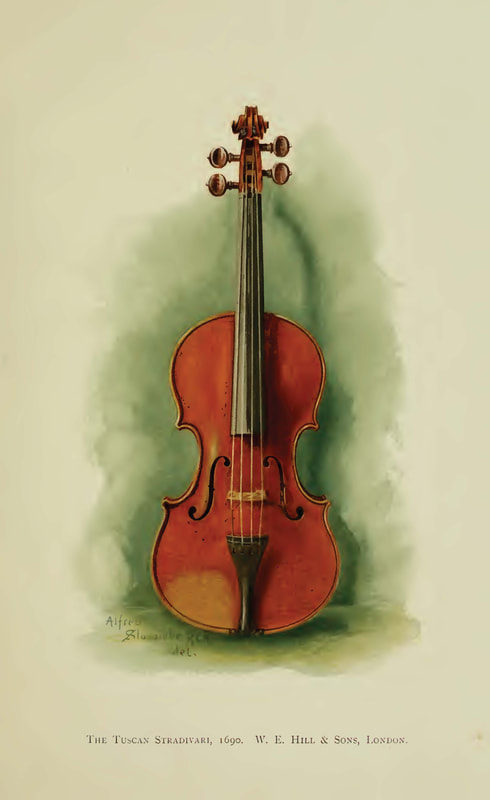 Heather Lotherington 13 December I took up the violin in early summer 2018. I reckoned I would get a running start on a bucket list project. But let’s fast forward a couple of years, past the commitment of buying a violin and a sustained period of caterwauling that inspired the neighbor’s dog to howl, past the perpetual state of terror at lessons, a wretchedly inflamed shoulder, constant and unending frustration, and perpetual tweaking of violin, shoulder rest, chin rest, bow to find a position where this instrument felt even quasi-comfortable. Let’s begin instead a few months into Covid lockdown when I reconnected with my violin teacher and we resumed lessons on Zoom. After brushing up my basic skills, I thought I might sign up for the Royal Conservatory of Music program to provide structure to my learning. We embarked on the preparatory level violin curriculum, and emboldened, I booked an exam date. My available practice time was limited by full time work (on Zoom), which, on some days, wiped me out past even starting the depressing regimen of hit and miss scales. But motivated by a fear of making a total ass of myself in front of an examiner accustomed to 5-year old’s capable of mastering this content, I practiced. I pushed onwards, I stretched, I recorded myself and self-critiqued, I watched superstar violinists on YouTube, and listened attentively, studying how they held their violins and their bows. I practiced with my husband playing the piano or the ukulele, I played to recorded tracks, I sent video-recordings to friends and family. Mostly they were encouraging; a few were incredulous that I would undertake such a project at my age. But why not? A month before the examination my nerves started getting the better of me, so I intensified my practice time on weekends, bearing down on my scales and arpeggios, determined to get my fingers in the right place for each note. A millimetre up or down the string produced disharmony, yet there are no guiding frets on a violin. I practiced as deliberately as I could: open string bowing, scales, arpeggios, get that fourth finger in place ahead of time! My teacher advised me to focus my attention on one piece at a time, but sometimes I drifted off to picking out tunes by ear or playing old favourites from the early days: Mary had a little lamb, Twinkle, twinkle little star... I decided to do a mock exam with my teacher during lesson time. It was humiliating. The week before the exam, my pieces were running on a constant loop in my head. I practiced my fingering while I slept, when I slept, which was seldom and badly. I practiced maniacally. I worked out every kink in continual mock Zoom exams, doubling down on the bits I messed up. Two days before the exam, a curious sense of calm descended. Out of nowhere, I felt that I had learned the elements of preparatory violin, and performance of these basics was up to the vicissitudes of exam performance where, of course, anything can happen. I had memorized my repertoire pieces and, though not necessary, my étude. My scales were on autopilot. I needed to credit myself with accomplishment of this basic learning and damn the torpedoes. I was ready for the exam. The morning of the exam, I ran around in circles preparing: my violin needed to be acclimatized to the humidity of the basement. The piano and the violin had to be tuned exactly in pitch. Was there enough resin on my bow? My husband and I practiced our simultaneous piano and violin start: an audible sniff, and tally ho. I entered the zoom waiting room nervously. We were being recorded though no one was there. And suddenly there she was: my examiner presented a friendly face. I silently thanked the heavens above that I had been spared a hangman. Decades of examining graduate theses and dissertations had taught me that best performance in a tense examination situation was facilitated by an encouraging tone and not by a repeat of the Spanish Inquisition. All the same, my fingers trembled, my sweat glands went into overdrive, and I forgot how to breathe. I did remember to smile and to play with the conviction my teacher had taught me to show. There were to be no faces pulled, indicating disappointment or frustration, and if I made a mistake, I was to make it with pride and immediately move on. I began with my scales, and true to practice, practice, practice, they rolled off just fine. My teacher had told me to sing to my piece called (appropriately), Song: make up words, create a story and tell it in music. She told me to play what I heard in my head not what I produced with my fingers. So, I did. My étude began a little flat but it had spirit. My favourite beautiful slow song scrolled in my head, and I played as if that were me. My fast piece, the last in my program, was intended to be humorous, and it flowed with relief. It was the very final note in the exam that I blew, probably because I knew I was nearly done. I heard the ear test note perfectly but by that time, my flustered fingers just missed the spot. It was almost funny. And the exam was over as suddenly as it had begun. It had taken 7 minutes. In the academic sphere in which I work, I am not a fan of examinations, which create a ceiling as easily as a floor and encourage parroting of known standards rather than innovative thinking. But I was surprised by the excitement I felt taking a preparatory level violin examination. Learning the violin is qualitatively different from the cognitive learning I work with. Playing the violin is deeply embodied, requiring the player to learn precise physical skills to communicate with an instrument. There is no music without mind, body and instrumental medium working in concert. My mark—not yet received—now seems immaterial. I sensed that my performance was a pass for this level of accomplishment, and I could now pursue the next level of play. The basics I so fervently argue against in public education (which has developed over the past 200 years past the horse and buggy era) indexed something else in violin: an ability to perform skills enabling me to proceed to more complex embodied music making. I could now move into level 1 learning. And that is where I am now: learning the D harmonic minor scale and playing 2 octaves of the G major scale. Woohoo! I was the proud accompanist for Heather, my wife.
David 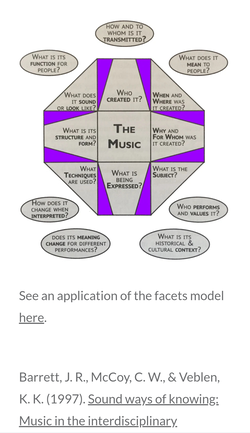 Know more than the notes. Exploring the questions of sociological context, compositional techniques, recorded history and more will add depth and sophistication to your playing and security to your memorization. Click on the picture for more, or for the "science" click the link. Here is a simple example: 1st Movement of Sonata in F minor op. 1 Who created it? Beethoven, German Romantic era composer 1770–1827 When and where was it created? 1795 Vienna Austria Why and for whom was it created? Dedicated to his teacher Joseph Haydn. Apparently it was his first publicly published work. What does it sound or look like? Dramatic opening rocket type theme of the tonic, then dominant chord announces that there is a "new kid in town". Great dynamic contrasts throughout the movement keep us focused. A composition of a young man. What kind of structure or form does it have? Classic Sonata Form What is its subject? The interplay is between the 2 main themes in the exposition and their development through many key centers. What is being expressed? Youthful exuberance, drama and compositional skill demonstration of the classical era style. What techniques did its creator use to help us understand what is being expressed?
David Group activities will be back. In the meantime we will all practice, stay safe and continue our lessons online.
David 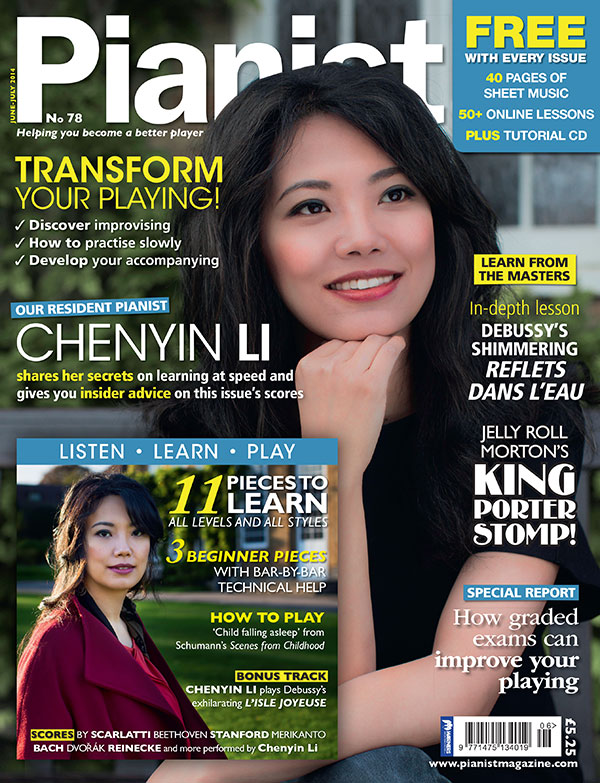 Restarting piano after a 4-decade hiatus? How to get started. The hands will be slow. But they will improve. Patience is the key here. An analogy: You were at 18-year-old track star back in the day. You buy a pair of expensive running shoes, the kind that promise speed, endurance, and youth. First day out, you run 10K. It is glorious, next day you can’t move. Shoes go in the closet; you are back in front of Netflix. Oops, you’ve made a tactical mistake. Try this instead.
Have fun, if I can help, call me. David |
You've got to learn your instrument. Then, you practice, practice, practice. And then, when you finally get up there on the bandstand, forget all that and just wail. AuthorI'm a professional pianist and music educator in West Toronto Ontario. I'm also a devoted percussionist and drum teacher. Categories
All
|
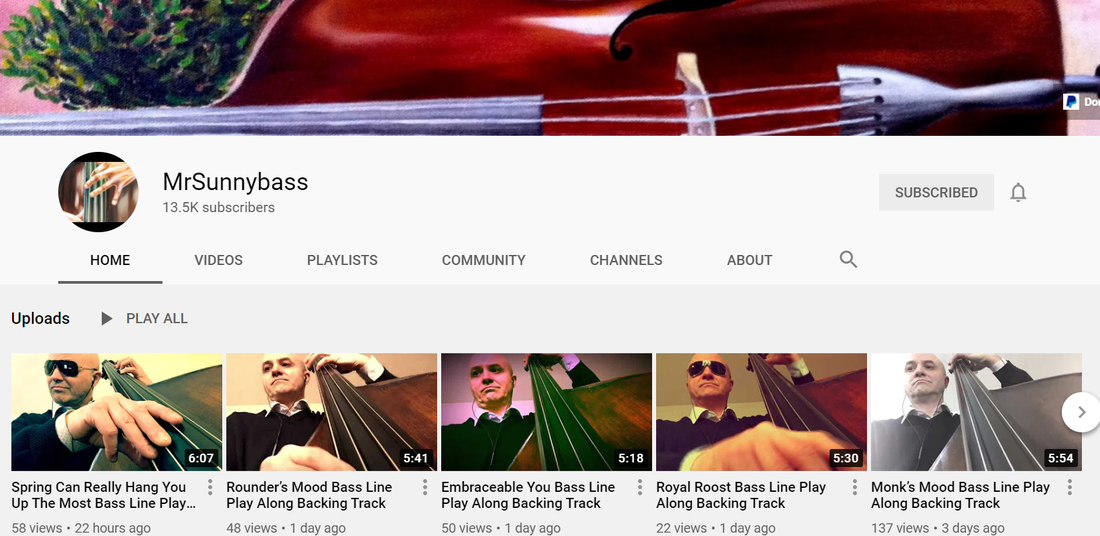
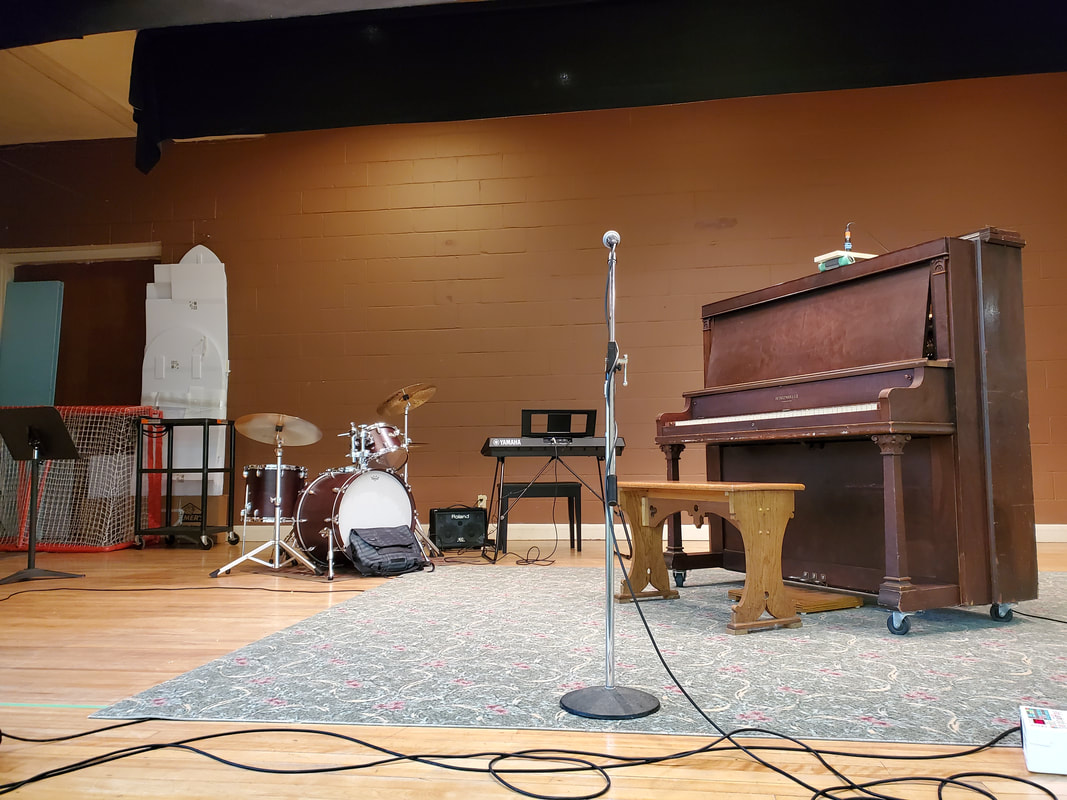
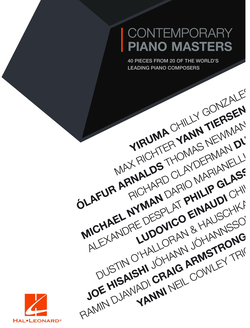
 RSS Feed
RSS Feed